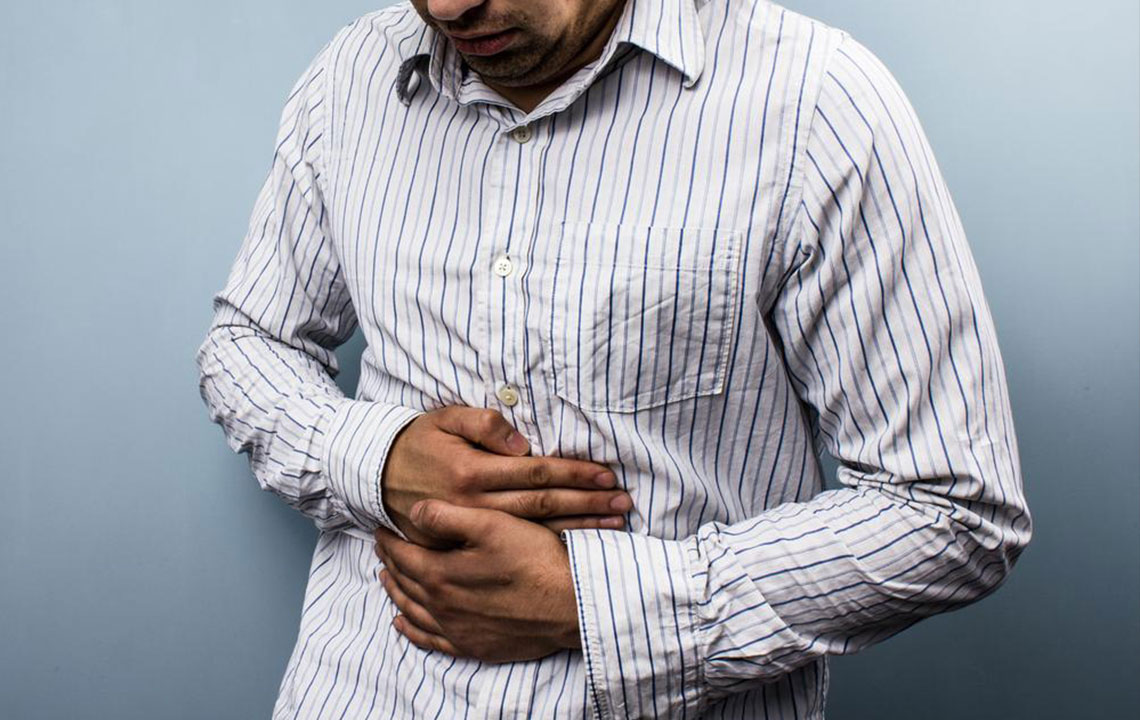Comprehensive Overview of Common Causes and Effective Prevention of Diarrhea
This article provides an in-depth exploration of the common causes of diarrhea, including bacterial, viral, travel-related, and chronic factors. It offers practical prevention tips such as proper hygiene, food safety, and travel precautions to reduce the risk of occurrence. Whether you are traveling, dining out, or managing ongoing symptoms, understanding these causes helps in effective prevention and health maintenance. The article emphasizes lifestyle adjustments, hygiene practices, and when to seek medical advice to ensure digestive health and avoid complications. A comprehensive resource for anyone seeking to understand and prevent diarrhea.

Understanding the Key Factors Leading to Diarrhea and How to Prevent Them
Diarrhea remains one of the most prevalent health concerns worldwide, impacting individuals across all age groups. It not only causes significant discomfort but can also lead to dehydration and other serious health complications if not managed properly. In the United States alone, diarrhea is recognized as one of the top illnesses, with adults experiencing episodes at least four times each year on average. For children under five, the occurrence can be even more frequent, often ranging from 7 to 15 episodes annually. The causes of diarrhea are diverse, spanning from lifestyle choices and environmental factors to underlying health issues, making it a condition that can affect anyone unexpectedly.
Understanding the common causes and adopting preventive strategies can significantly reduce the risk of developing diarrhea and its associated complications. This comprehensive guide delves into the major factors contributing to diarrhea, including bacterial, viral, travel-related, and chronic causes, alongside practical prevention tips for each.
Major Causes of Diarrhea
Diarrhea can arise from numerous sources, often interconnected, making it essential to understand each cause to effectively prevent and treat it. The primary factors include bacterial infections, viral pathogens, travel-related exposure, and chronic health conditions. Let’s explore each in detail to grasp how they contribute to diarrhea and what protective steps can be taken.
Bacterial Infections: The Leading Culprit
Bacteria are a common cause of diarrhea, especially when they contaminate food or water sources. Microorganisms naturally coexist with humans, some beneficial and others harmful. Pathogenic bacteria responsible for diarrhea, such as Salmonella, Escherichia coli, Campylobacter, and Shigella, are often transmitted through contaminated food products, poorly prepared meats, unpasteurized dairy, shellfish, or spoiled leftovers. Consuming undercooked poultry, beef, eggs, or seafood significantly elevates the risk of bacterial infection.
Proper food handling and hygiene are crucial in preventing bacterial-related diarrhea. This includes thorough cooking of meats and eggs to kill harmful bacteria, washing raw vegetables and fruits carefully, and maintaining cleanliness in kitchen utensils and surfaces. Refrigerating leftovers promptly keeps bacteria at bay, preventing their growth and potential ingestion. When dining out, it’s advisable to choose restaurants with high hygiene ratings, whether by checking online reviews or verifying inspection scores, to ensure safe food practices are followed.
Viral Agents: Highly Contagious and Widespread
Viruses rank as some of the most common infectious causes of diarrhea worldwide. Viral gastroenteritis, often known as stomach flu, can be transmitted easily through contaminated food, water, or contact with infected individuals. Key viruses involved include norovirus, rotavirus, adenovirus, and astrovirus. Many of these viruses are highly contagious, with the ability to spread rapidly in crowded environments such as restaurants, schools, and travel settings. Asymptomatic carriers can unknowingly disseminate the virus, amplifying outbreaks.
Preventative measures include regular handwashing with soap and water, especially after using the restroom or before preparing and consuming food. Avoiding sharing utensils, glasses, and plates during outbreaks is also recommended. Since symptoms often resemble bacterial infections, accurate diagnosis may require medical testing; however, emphasizing hygiene remains the best line of defense to prevent viral diarrhea.
Travel-Related Diarrhea: A Common Concern for Travelers
Travelers often encounter diarrhea, colloquially known as “Traveler’s Diarrhea,” due to exposure to unfamiliar sanitation standards, contaminated water, or food sources. It affects up to 70% of travelers visiting developing regions or countries with lower hygiene standards. Common sources include untreated drinking water, unwashed produce, street food, and food prepared in uncontrolled environments.
To protect yourself while traveling, avoid consuming raw or unwashed vegetables and fruits unless they can be peeled or washed thoroughly. Stick to bottled water, avoid ice cubes made from local tap water, and opt for restaurants and street vendors known for good hygiene practices. Carry hand sanitizer and disinfectant wipes for added safety. Most travel-related diarrhea resolves within 12 to 48 hours, but taking proactive precautions can significantly reduce the chance of falling ill. Prior researching local sanitation standards and choosing reputable food vendors can also make a substantial difference.
Chronic and Persistent Diarrhea: Underlying Health Conditions
When diarrhea persists beyond a few days or recurs frequently, it often indicates underlying chronic health issues. Such cases require medical attention for proper diagnosis and management. Prolonged diarrhea can be caused by factors including bacterial overgrowth, food intolerances, irritable bowel syndrome (IBS), inflammatory bowel diseases like Crohn’s disease or ulcerative colitis, and side effects of medications.
Medications such as antibiotics, chemotherapy drugs, or blood pressure medicines can disrupt the balance of gut bacteria, leading to ongoing diarrhea. Food intolerances, particularly gluten in celiac disease, can also result in chronic digestive disturbances. Lifestyle modifications, dietary adjustments, and medical therapies are often necessary to manage these conditions effectively. Consulting a healthcare professional is essential if diarrhea lasts more than a couple of days or occurs frequently, as untreated chronic diarrhea can lead to dehydration and nutrient deficiencies.
Prevention Strategies Across the Board
Preventing diarrhea involves a multifaceted approach tailored to each cause. Basic hygiene practices are universally effective: regular handwashing with soap, maintaining cleanliness in food preparation, and avoiding contact with contaminated water. Ensuring food is thoroughly cooked and stored properly can prevent bacterial and viral infections. When traveling, choosing safe water and food sources is critical, as is being mindful of local sanitation standards.
Other preventive tips include vaccination for certain viruses like rotavirus, which is available for children and some vulnerable adult groups. Staying updated on local health advisories and practicing good personal hygiene cannot be overstated. For travelers, carrying essential items such as bottled water, disinfectants, and hand sanitizers adds an extra layer of protection. Recognizing the signs of chronic diarrhea and seeking prompt medical care is vital to identify and treat underlying health issues before complications develop.
By understanding the multifactorial causes of diarrhea and adhering to recommended prevention strategies, individuals can significantly reduce their risk of developing this uncomfortable condition. Staying informed, practicing good hygiene, and making mindful food choices are key to maintaining digestive health and overall well-being.





